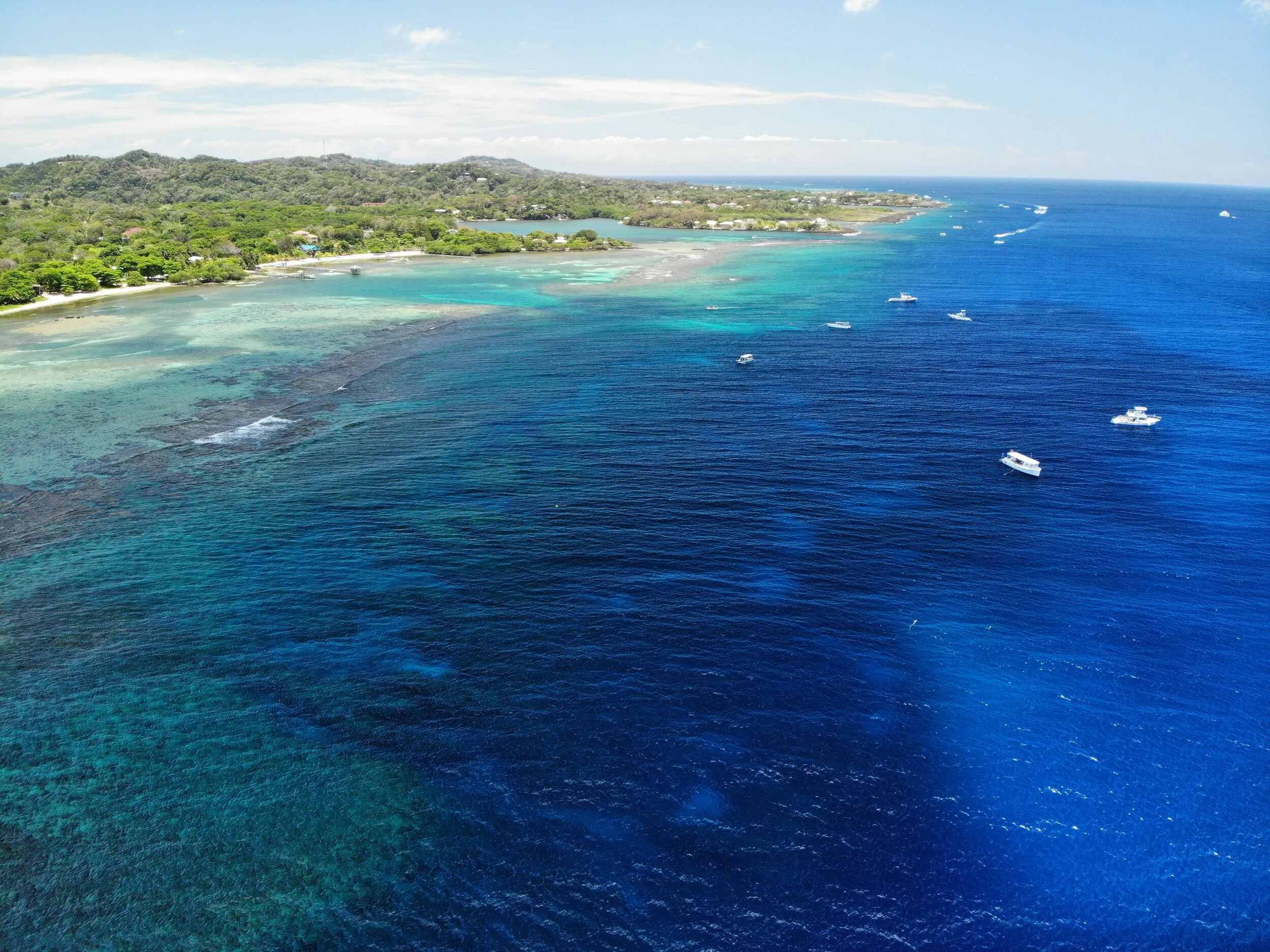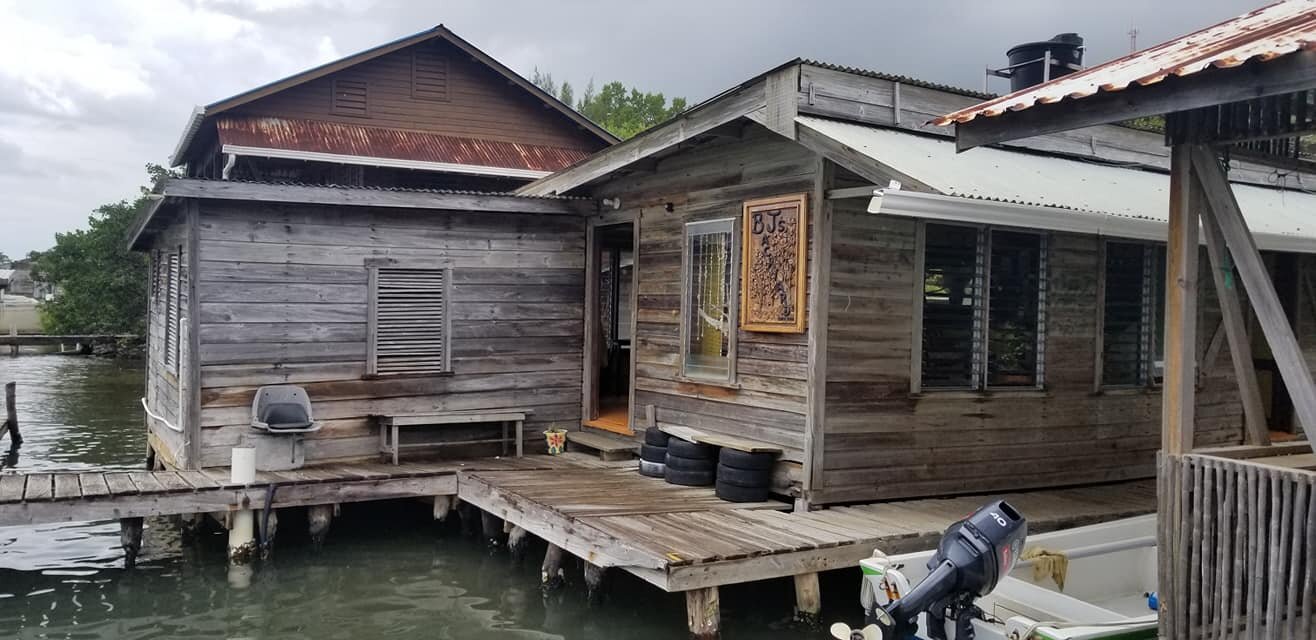3 Cool Facts about the History of Roatan
Roatan is a cool island, there's no denying it. We have an amazing, well-protected reef, an interesting collection of cultures and a lush, hilly landscape that's unusual for the Caribbean. What else makes Roatan unique? Here are 3 cool historical facts that you may not have known about Roatan!
Fact 1. Columbus "discovered" the Bay Islands
Roatan, Utila and Guanaja were well-populated by the time Columbus came across them in 1502, but it was his "discovery" that first brought in Western influences to the islands. The Spanish and British started mining for silver and gold on the mainland, so the Bay Islands were raided for slaves to work the mines. The original inhabitants of the Bay Islands were probably the Paya people, and those that weren't taken as slaves succumbed to diseases born by the Spanish, like measles and smallpox.
Honduras itself means "depths", from the deep waters that plunge off its coasts. Christopher Columbus is said to have exclaimed, "Gracias a Dios que hemos salido de esas Honduras! (Thanks God we have departed these depths!)," when he entered the to-be-named Cabo Gracias a Dios in Trujillo, which provided calm shelter in the midst of a storm.
Fact 2. Roatan was a pirate hangout
Pirates were certainly not the first Western inhabitants of Roatan, but they were probably the most interesting. French and Dutch pirates used to lie in wait on the Bay Islands for passing Spanish galleon ships so they could take their treasure. Henry Morgan and Blackbeard were among the 5,000 pirates that called the Bay Islands home in the 17th century. Coxen Hole? Named after another famous pirate, John Coxen.
Fact 3. The Garifuna were "deported" to Roatan
The Garifuna are mixed descendants of Arawakan Indians, Island Carib and African people. The British colonialists also referred to them as "Black Caribs".
The Garifuna first started in the late 1700's, when about 2500 slaves were left on the island by the British (the journey started with 5000 people, but half of them didn't survive the journey). Those that didn't move to the mainland started a settlement called Punta Gorda, which is now the Garifuna cultural center of Roatan. As cultures go, they're relatively new, only going back around 200 years on this island, but their mix of British, Spanish and Black Carib culture makes them an interesting and integral part of Roatan and Central American history.
Did you already know these cool facts about Roatan, or did they surprise you? Let us know what other “3 Cool Facts” you’d be interested in learning, whether it be about scuba diving or Honduras, and let’s get our learning on!



